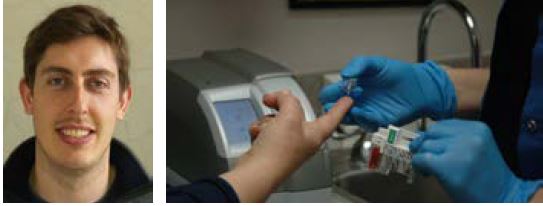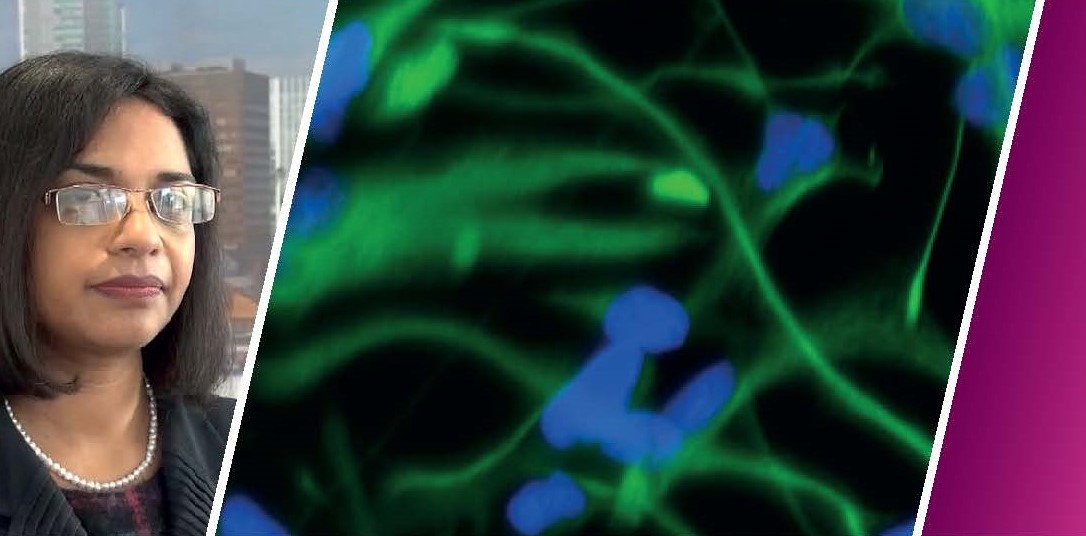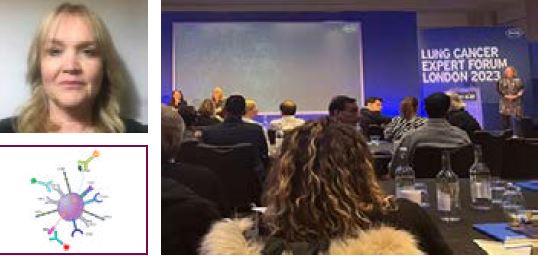Clinical and Health Service Research
This research is concerned with early diagnosis/screening and improving the management and outcome of cancer. There are international leading research groups in prostate cancer, brain tumours, surgical treatment and appearance/outcomes/MDT/quality of life research. Bristol also leads the cancer network within the Centre for Academic Primary Care.
The diagnosis and treatment of prostate cancer are being investigated in the ProtecT (Prostate testing for cancer and Treatment) study and associated ProMPT (Prostate Mechanisms of Progressing and Treatment) collaboration. Issues involved in population screening for prostate cancer are also being addressed in the CRUK-funded CAP (screening Comparison Arm for ProtecT) study. These linked studies (ProtecT and ProMPT are nested within the intervention arm of the CAP trial) are now the largest in the world, involving over 450,000 men. Around 100,000 donated blood samples, 5,000 biopsy samples and 1,500 have undergone radical prostatectomy. These linked studies are also providing a focus for biomarker discovery and evaluation.
Research is also focused on the development and evaluation of cancer biomarkers (eg fascin, IGFBP-2), particularly in the areas of breast and prostate cancer.
Bristol hosts the Bristol Trials Centre (BTC), is a UKCRC-registered Clinical Trial Unit, which offers a wide range of expertise in trials methodology, study design, study management, statistical analyses and data management, including bespoke database design. They also have experts in health economics and social science.
The NIHR-funded Head and Neck 5000 study will provide detailed information on the factors that influence cancer survival in the UK, and the psychological impact that living with head and neck cancer can have on people.
Through the Biomedical Research Centre in Diet and Physical Activity we are translating our epidemiological findings into experimental interventions that investigate the effect of dietary and physical activity interventions on prostate cancer progression.
Further information
- Clinical Research at University Hospitals Bristol
- Bristol Urological Institute
- ProtecT Study (Prostate testing for cancer and Treatment)
- Brain Tumour Research Group
- The Bristol Institue for Transfusion Sciences
- Head and Neck 5000
- Biomedical Research Unit in Diet and Physical Activity
- Bristol Centre for Surgical Research
 Understanding mechanisms of therapeutic resistance in colorectal cancer
Understanding mechanisms of therapeutic resistance in colorectal cancer
 Brain cancer research: accelerating discovery and clinical applicability
Brain cancer research: accelerating discovery and clinical applicability
The early diagnosis of brain tumours and targeted therapies to improve survival rates
 Trials to improve surgical outcomes
Trials to improve surgical outcomes
Making informed decisions about breast reconstruction surgery
 Immunotherapy and cancer
Immunotherapy and cancer
Encouraging the immune system to increase the body’s anti-tumour activity